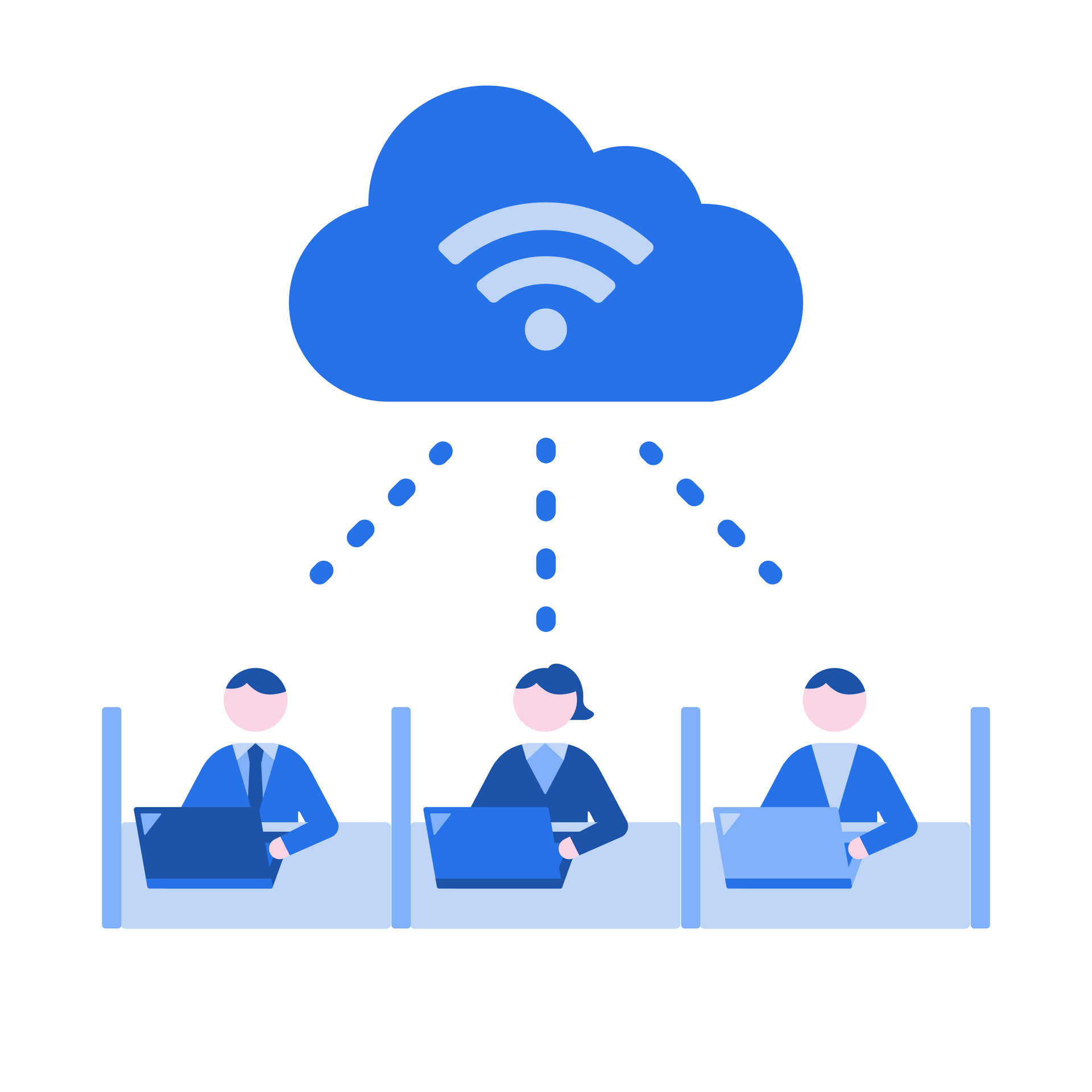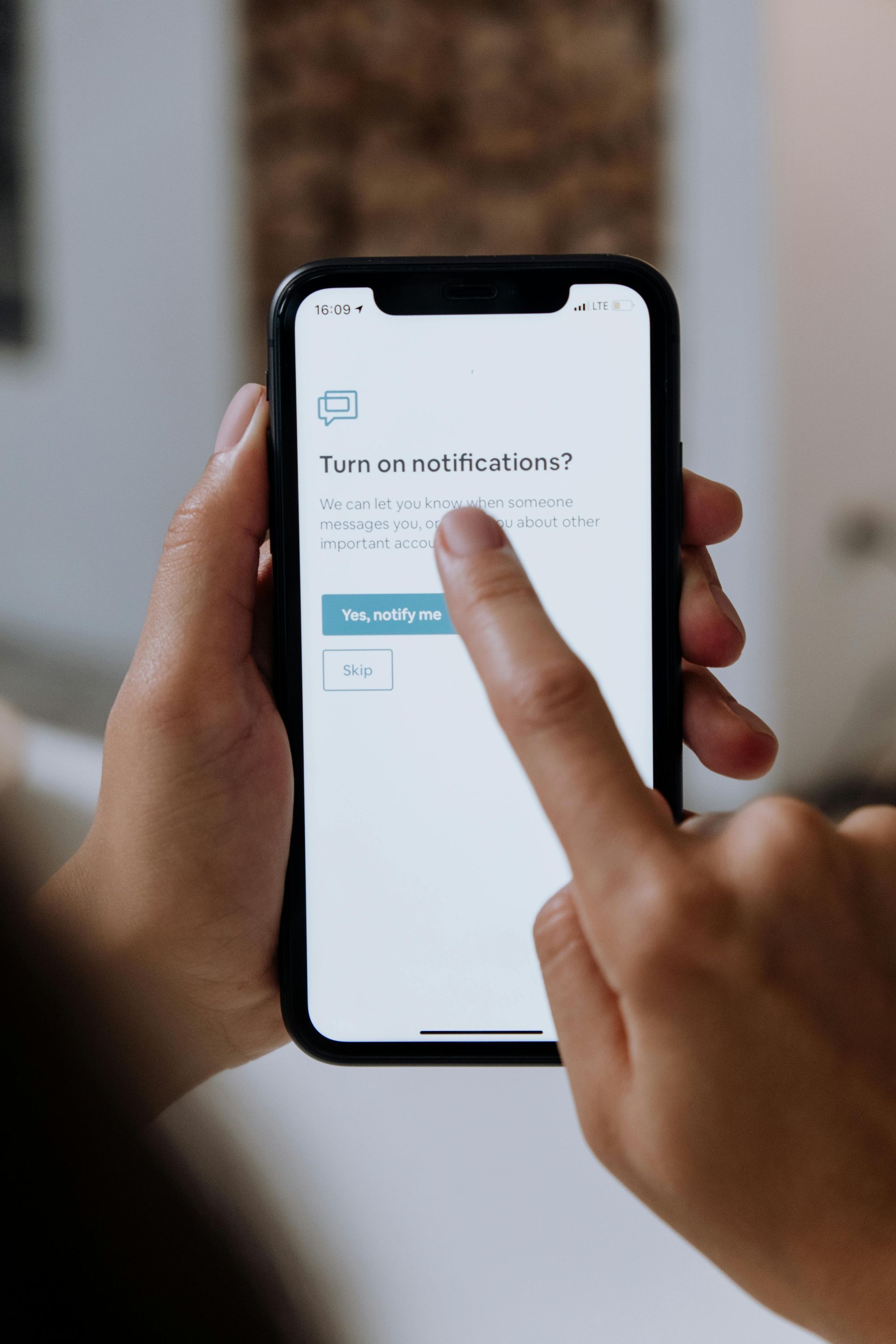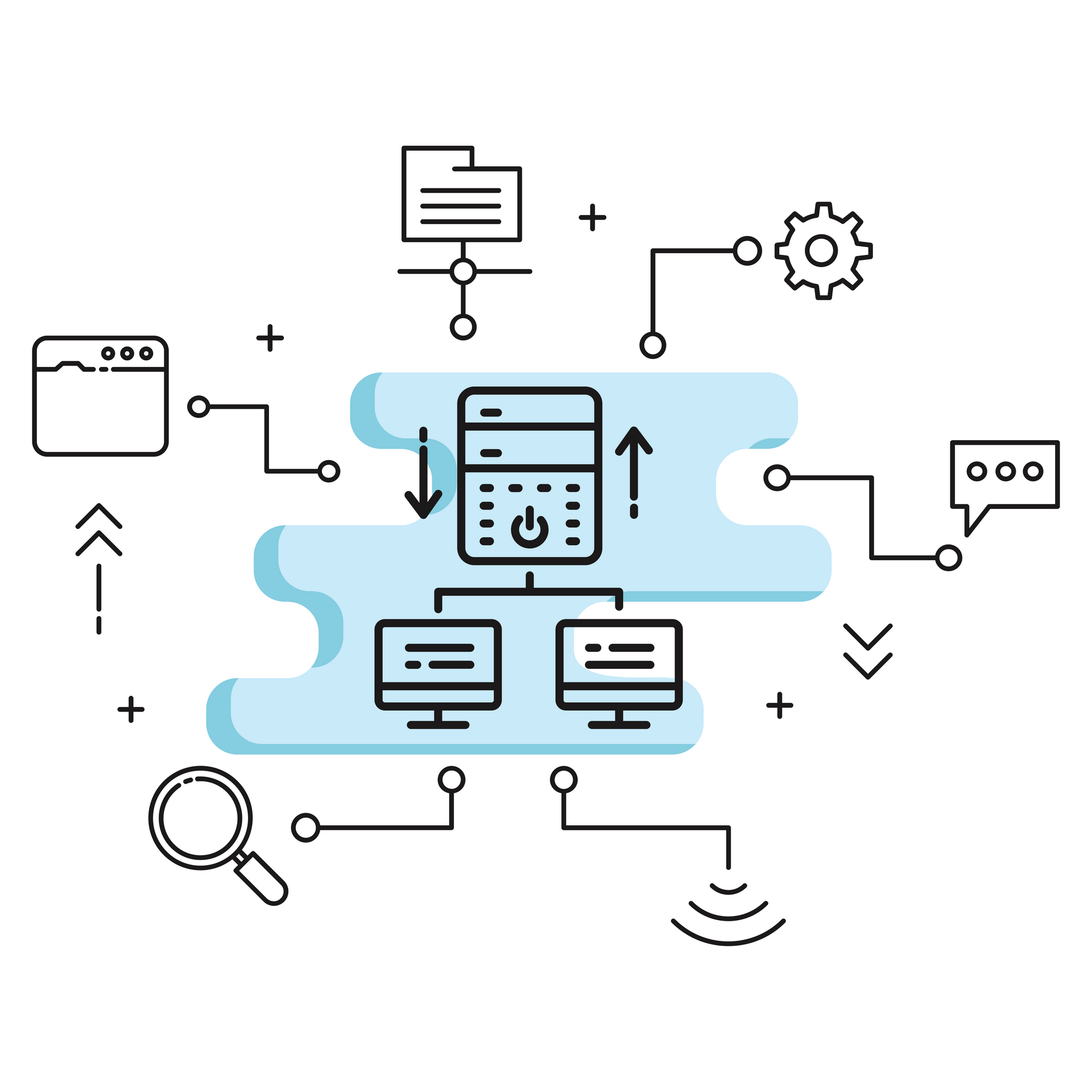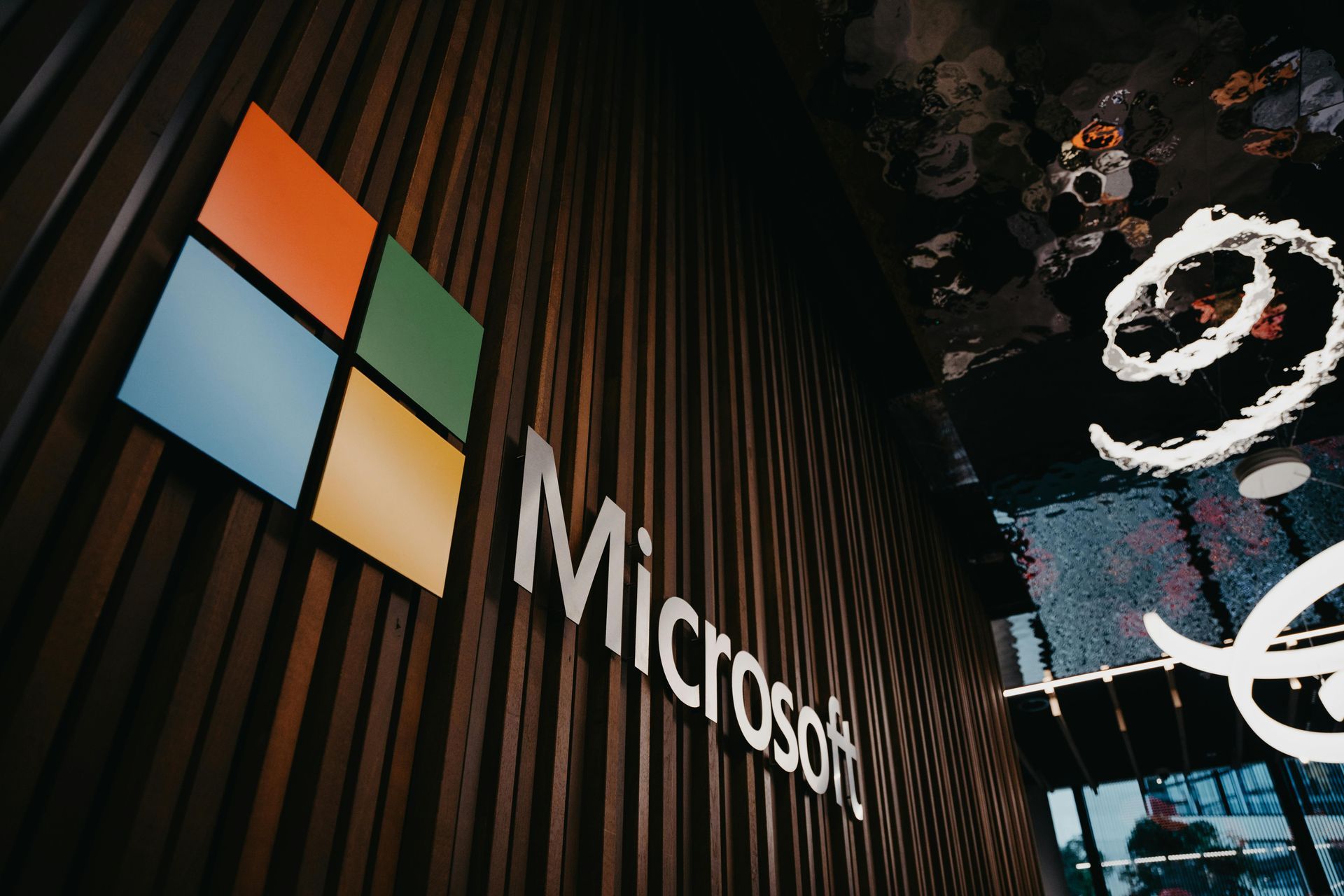Blog
Check out the Altiatech Blog for insights on technology and trends
Our articles offer insightful analysis, cutting-edge research, and expert opinions on the latest trends, challenges, and innovations in these critical fields. Explore our collection to stay informed, secure, and at the forefront of technology.
Add your title here
This is the text area for this paragraph. To change it, simply click and start typing.

January 19, 2026
Manual user provisioning - the process of creating accounts and granting access through email requests and IT tickets - seems manageable for small organisations. As organisations grow, this approach creates mounting security risks, operational inefficiencies, and frustrated users waiting days for access they need immediately.

January 12, 2026
Multi-cloud strategies deliver flexibility, redundancy, and the ability to select the best platform for each workload. They also create complex security challenges, particularly around identity and access management. Each cloud provider offers different security models, tools, and terminology, making unified security difficult to achieve.

January 5, 2026
Privileged accounts—those with administrative rights to critical systems—represent the most attractive target for attackers. A single compromised privileged credential gives attackers complete control over infrastructure, data, and operations. Yet many organisations manage privileged access inadequately, creating unnecessary risk.

December 22, 2025
Identity and access management represents a critical security capability, yet many organisations struggle to assess whether their IAM implementation is truly effective. Identity governance maturity models provide a framework for evaluation, revealing gaps and priorities for improvement.

December 15, 2025
Traditional security models assumed everything inside the corporate network was trustworthy, focusing defensive efforts on the perimeter. This approach fails catastrophically in today's hybrid work environment where employees access resources from homes, coffee shops, and co-working spaces whilst applications reside across multiple clouds.

December 8, 2025
Cloud computing promised cost savings through pay-per-use models and elastic scaling. Yet many UK organisations discover their cloud bills steadily increasing without corresponding business growth. The culprit? Cloud waste - unnecessary spending on unused or inefficiently configured resources.

November 28, 2025
A threat group known as Scattered Lapsus$ Hunters is targeting Zendesk users through a sophisticated campaign involving fake support sites and weaponised helpdesk tickets, according to security researchers at ReliaQuest. The operation represents an evolution in how cybercriminals exploit trust in enterprise SaaS platforms.

November 28, 2025
Amazon Web Services has launched a new feature allowing customers to make DNS changes within 60 minutes during service disruptions in its US East (N. Virginia) region. The announcement tacitly acknowledges what many have long observed: AWS's largest and most critical region has a reliability problem.

November 28, 2025
A Scottish council remains unable to fully restore critical systems two years after a devastating ransomware attack, highlighting the long-term consequences of inadequate cybersecurity preparation and the challenges facing resource-constrained local authorities. Comhairle nan Eilean Siar, serving Scotland's Western Isles, suffered a ransomware attack in November 2023 that required extensive system reconstruction. According to a report published by Scotland's Accounts Commission, several systems remain unrestored even now, with large data volumes slowing the digital recovery process.




